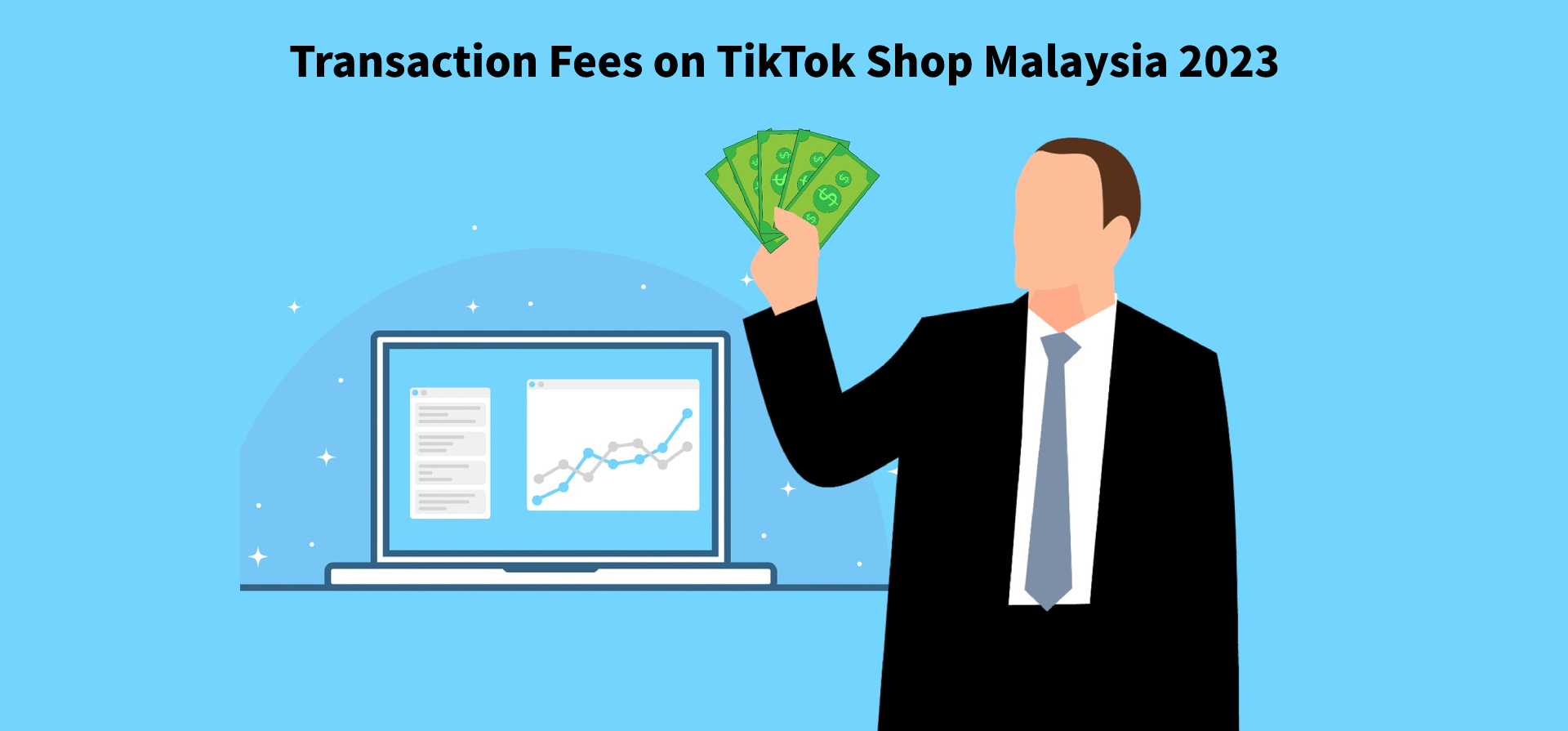Blog > Marketplace News > Former Indonesian Trade Ministry Official: Banning TikTok E-commerce Was A Mistake
Former Indonesian Trade Ministry Official: Banning TikTok E-commerce Was A Mistake
Jayson 25 Oct 2023 11:08ENCopy link & title
On the grounds of protecting local small and medium-sized businesses, Indonesia announced on September 27 that it would ban social platforms as commodity trading platforms. This move targets TikTok and directly "Blocks" the app's e-commerce business.

But according to reports, nearly a month after the ban passed, Jakarta's Tanah Abang Market did not see a rush of people. On the contrary, compared with during the epidemic, the number of passengers here has been reduced by half.
Tanah Abang is Southeast Asia's largest textile and apparel market. Before TikTok e-commerce was blocked, the media reported that merchants in Tanah Abang complained bitterly to Indonesian officials. Many people believed that TikTok e-commerce had "Robbed" their business.
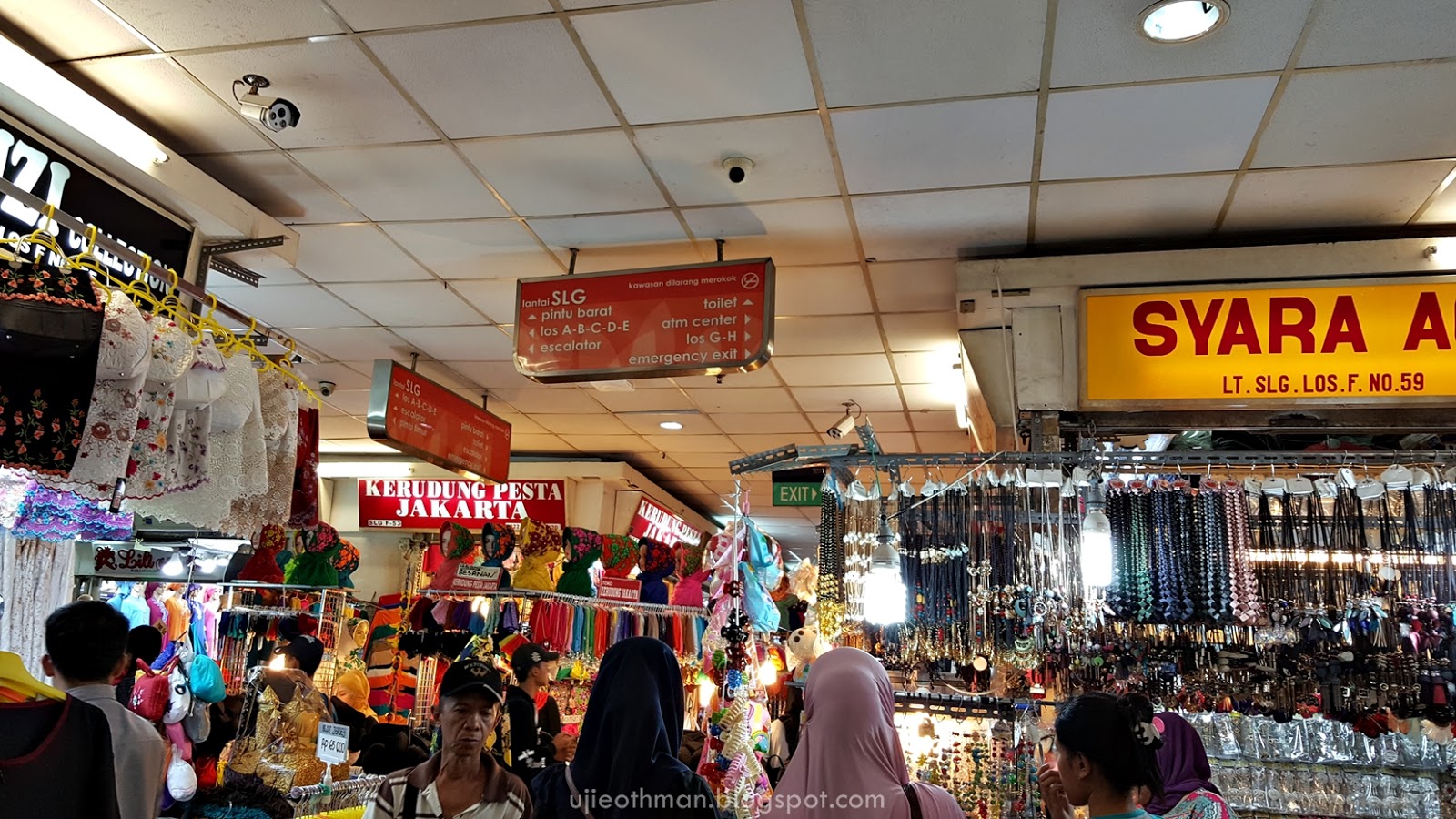
Hastiadi, a former spokesman for the Indonesian Ministry of Trade and economist, believes that banning TikTok e-commerce is a mistake.

Hastiadi is highly critical of the ban: “Before the ban was implemented, many sellers in Tanah Abang had already integrated offline and online sales. The government believes that TikTok's social e-commerce model is the culprit of the decline of the traditional market. This view is completely wrong."

Hastiadi believes that the reasons behind the decline of Indonesia's traditional market are complex. On the one hand, the consumption power of low- and middle-income groups in Indonesia has declined. On the other hand, wholesalers in Africa and other parts of Asia have also reduced their purchasing needs since the COVID-19 epidemic.

He pointed out that the Indonesian government's claim that cheap Chinese goods have impacted Indonesia's traditional market is nothing more than a set of hypocritical rhetoric. Long before TikTok e-commerce entered Indonesia, Chinese goods had been pouring into Indonesia for more than ten years.

Nearly a month after the ban controversy, Ronny Vasquito, the owner of a shoe store in Tanah Abang, said his business had not seen the "significant increase" claimed by the local government.
"During this period, our situation has improved slightly. But it is still far from what it was before." Vasquito said helplessly.
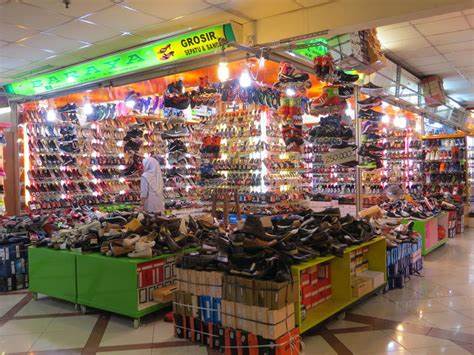
Like Vasquito, many sellers also said that the customer flow and sales in their stores have not changed compared with before the ban. Sellers in the traditional market are somewhat disappointed.
The Indonesian government once claimed that the TikTok e-commerce ban would be beneficial to 64 million small and medium-sized merchants, but they have not seen the benefits brought by the ban. The 6 million sellers who previously relied on TikTok e-commerce to make a living vented their helplessness and sadness.
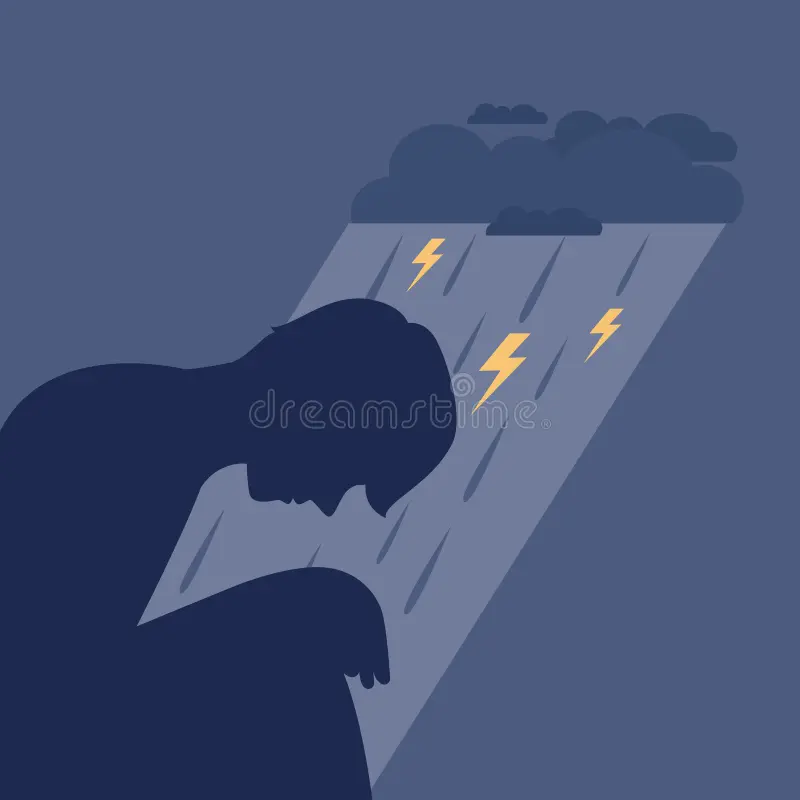
"I'm very sad that the government shut down TikTok Shop, causing our sales to drop to almost zero," said Xiya, founder of women's clothing brand Videlin in Bali, Indonesia. "Currently I still have 10 employees. If the situation continues to worsen, I may have to ask them to leave. The government should listen to us."
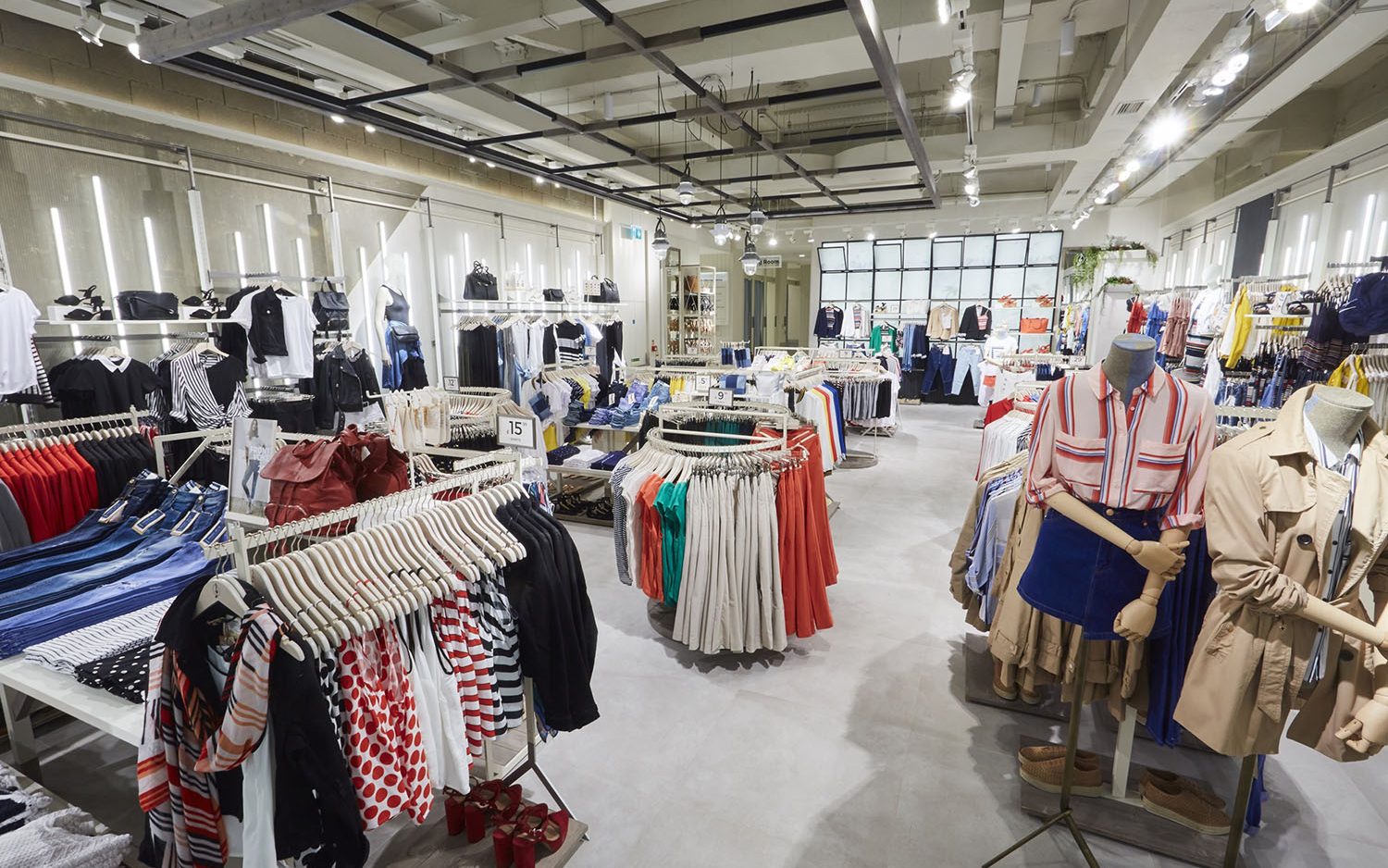
Another seller, Golda Pradeksa, believes that banning TikTok e-commerce cannot solve the problem of Indonesian offline sales loss.
"The retail industry is developing at a rapid pace, and sellers should embrace changes. Online platforms not only allow us to do business locally but also sell goods to the global market." Pradexa said.

Due to the ban on TikTok e-commerce, Pradeksa had to rearrange its layout on other e-commerce platforms, but these platforms "were unable to facilitate the seamless interaction between sellers and buyers like TikTok."
In the interview, Hastiadi revealed that other e-commerce platforms in Southeast Asia, such as Shopee and Tokopedia, have had a far more serious impact on the traditional market than TikTok e-commerce.
These competitors may have lobbied the Indonesian government to ban TikTok e-commerce. But so far, Shopee and Tokopedia have not responded to whether they lobbied the Indonesian government to block their opponents, as people speculated.


But according to reports, nearly a month after the ban passed, Jakarta's Tanah Abang Market did not see a rush of people. On the contrary, compared with during the epidemic, the number of passengers here has been reduced by half.
Tanah Abang is Southeast Asia's largest textile and apparel market. Before TikTok e-commerce was blocked, the media reported that merchants in Tanah Abang complained bitterly to Indonesian officials. Many people believed that TikTok e-commerce had "Robbed" their business.

Hastiadi, a former spokesman for the Indonesian Ministry of Trade and economist, believes that banning TikTok e-commerce is a mistake.

Hastiadi is highly critical of the ban: “Before the ban was implemented, many sellers in Tanah Abang had already integrated offline and online sales. The government believes that TikTok's social e-commerce model is the culprit of the decline of the traditional market. This view is completely wrong."

Hastiadi believes that the reasons behind the decline of Indonesia's traditional market are complex. On the one hand, the consumption power of low- and middle-income groups in Indonesia has declined. On the other hand, wholesalers in Africa and other parts of Asia have also reduced their purchasing needs since the COVID-19 epidemic.

He pointed out that the Indonesian government's claim that cheap Chinese goods have impacted Indonesia's traditional market is nothing more than a set of hypocritical rhetoric. Long before TikTok e-commerce entered Indonesia, Chinese goods had been pouring into Indonesia for more than ten years.

Nearly a month after the ban controversy, Ronny Vasquito, the owner of a shoe store in Tanah Abang, said his business had not seen the "significant increase" claimed by the local government.
"During this period, our situation has improved slightly. But it is still far from what it was before." Vasquito said helplessly.

Like Vasquito, many sellers also said that the customer flow and sales in their stores have not changed compared with before the ban. Sellers in the traditional market are somewhat disappointed.
The Indonesian government once claimed that the TikTok e-commerce ban would be beneficial to 64 million small and medium-sized merchants, but they have not seen the benefits brought by the ban. The 6 million sellers who previously relied on TikTok e-commerce to make a living vented their helplessness and sadness.

"I'm very sad that the government shut down TikTok Shop, causing our sales to drop to almost zero," said Xiya, founder of women's clothing brand Videlin in Bali, Indonesia. "Currently I still have 10 employees. If the situation continues to worsen, I may have to ask them to leave. The government should listen to us."

Another seller, Golda Pradeksa, believes that banning TikTok e-commerce cannot solve the problem of Indonesian offline sales loss.
"The retail industry is developing at a rapid pace, and sellers should embrace changes. Online platforms not only allow us to do business locally but also sell goods to the global market." Pradexa said.

Due to the ban on TikTok e-commerce, Pradeksa had to rearrange its layout on other e-commerce platforms, but these platforms "were unable to facilitate the seamless interaction between sellers and buyers like TikTok."
In the interview, Hastiadi revealed that other e-commerce platforms in Southeast Asia, such as Shopee and Tokopedia, have had a far more serious impact on the traditional market than TikTok e-commerce.
These competitors may have lobbied the Indonesian government to ban TikTok e-commerce. But so far, Shopee and Tokopedia have not responded to whether they lobbied the Indonesian government to block their opponents, as people speculated.

